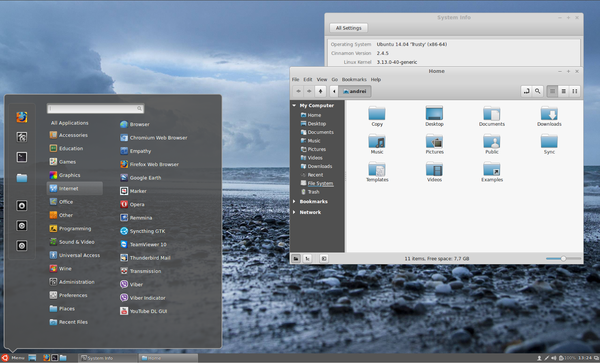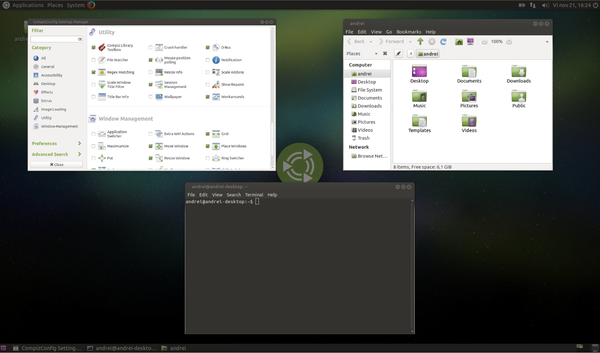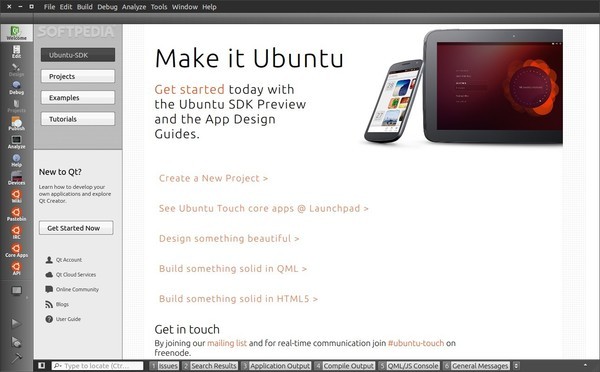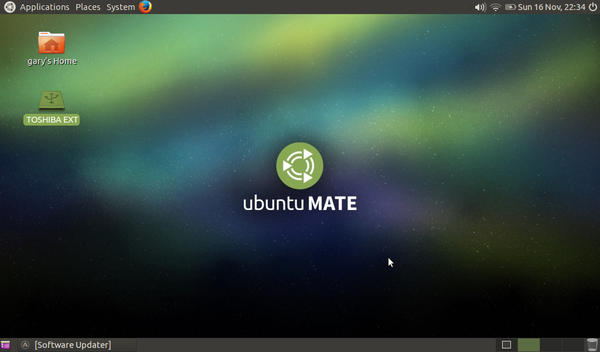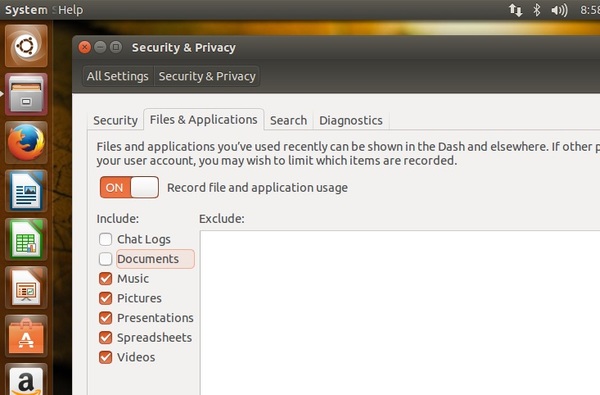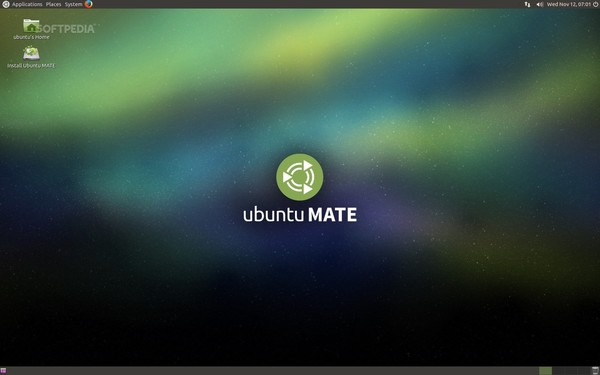![]()
All applications running with standard Gnome, such as Ubuntu, run natively on LXDE. As LXDE uses much less ressources, also applications not developed by our team will start faster and respond faster when you work with it. LXDE comes from Asia. So, support of mulitlanguages was a priority from the first day on. Besides that, you can use LXDE on devices that do not even function with other systems. During my recent trip to China, I have seen many extremely innovative companies, so called Chinese Shanzhai companies, selling thousands and thousands of devices with LXDE components. Hardware manufacturers calculate very tight, but in the end devices have to work. This is a field where we are cooperating with producers. One developer in China has ported LXDE to a device with 128 RAM, 400 MHZ CPU and a screen with a resolution of 800×400. Of course you can use mobile operating systems like Android for those devices, but if you want to take advantage of those 60.000 applications running with Debian for example, you need a systems that supports X Window System. Besides that, Android only supports a limited number of devices, whereas LXDE can run on thousands of platforms with Debian for example. I also know of university networks in Brazil running their complete infrastructure on LXDE – with more than 500 computers.

- How do you coordinate your work? How many developers are involved in the project?
The coordination is quite a big task. This is right. But we have some advantages here as well. LXDE is a system of components that are not tightly integrated. If there is a good project, that would fit well into LXDE, we can simply incorporate it. PCMan has done that for example with Openbox. It is a very good and lightweight window manager. There was no need to start a new project. To say how many developers are involved is quite difficult in such a free and open source project. Once, I emailed developers, who had contributed to the code directly to join a new subproject. We had nearly 200 emails send out. But not all had even left their contact email in the code. Besides that, we have currently 70 registered translators in countries such as Egypt, Israel, Sweden, the US, Vietnam and Afghanistan. Related projects like Lubuntu have many more contributors, who support development.
The Fedora team is very active and will soon offer packages for RedHat and CentOS. Even though the core team is relatively small, we are standing on the shoulders of giants. PCMan told me once: “Mario, we can start a new component quite fast. We have tons of code from other free software projects and thousands of developers, which we can use.” The LXDE project is for me the best example that Free Software works. Here we have the example. In Europe many people always told me: “I am developing an application and if I dont have time one day, other people can take it and improve it and then I can use it as well.” Much of the code of LXDE comes from other projects, which were based in Europe and North America. Now we have a project, that was started in Asia. It is still small compared to other FOSS projects, but from the first day on, it is a truly international project and that is one important reason, why I joined LXDE.

